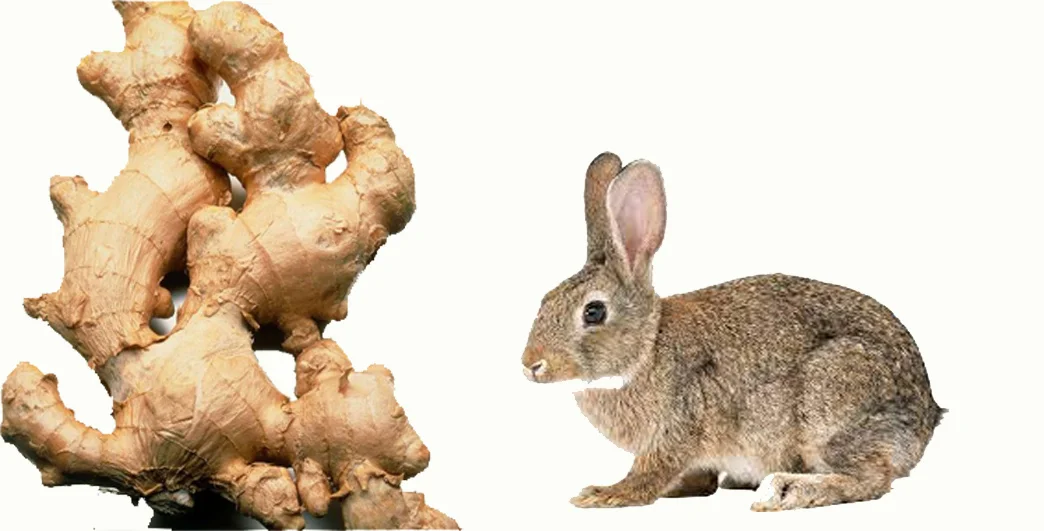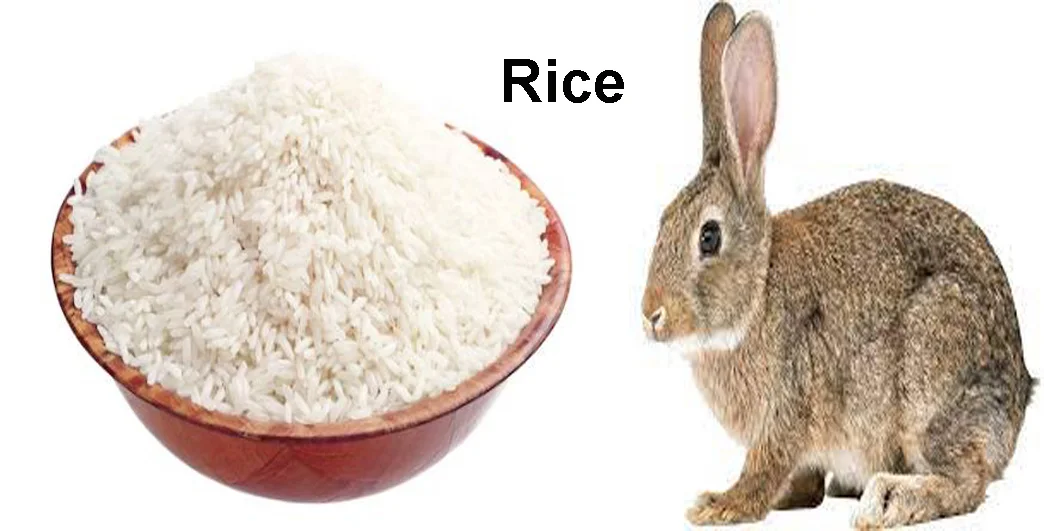Grapes are good fruits for rabbits because contain a small amount of vitamins, B, K, and fiber that are good for your bunny and improve the digestion system. Latest research and testing from thousands of rabbits and effective ways for their happy life.
Can Rabbit Eat Grapes / Are Grapes Safe for Rabbits?
Grapes, including both the red and green varieties, contain several essential nutrients, such as vitamins C and K, antioxidants, and fiber. However, it’s important to note that while these are safe for human consumption, the same may not apply to rabbits. Here’s what you need to consider:
Potential Choking Hazard
The size and texture of grapes can pose a choking risk to rabbits, particularly those that are small in size or have dental issues. Rabbits typically don’t chew their food thoroughly, which increases the likelihood of choking on grapes. It’s crucial to remember that a rabbit’s delicate digestive system might not handle grape skins and seeds effectively.
Digestive Issues
Rabbits have a sensitive digestive system designed for a high-fiber diet. The sugars present in grapes can be challenging for rabbits to process, leading to digestive upset, including diarrhea or gas. A sudden introduction of grapes into a rabbit’s diet can disrupt their digestive balance and cause discomfort.
Health Concerns
Grapes, especially the darker varieties, contain natural sugars that can elevate a rabbit’s blood sugar levels. Rabbits are prone to obesity and related health problems, including dental issues and gastrointestinal stasis. Regular consumption of sugary treats like grapes can contribute to these problems if not provided in moderation.
Guidelines for Feeding Grapes to Rabbits
While grapes should not be a regular part of a rabbit’s diet, they can be offered as an occasional treat, keeping the following guidelines in mind:
Moderation is Key
Limit the amount of grapes you offer to your rabbit. Treats like grapes should account for no more than 5% of their overall diet. A couple of small grape pieces once or twice a week should be sufficient.
Remove Seeds and Skin
Before feeding grapes to your rabbit, ensure that you remove all seeds and peel the skin off. This reduces the risk of choking and aids in digestion. Only offer the flesh of the grape.
Observe Your Rabbit’s Response
Monitor your rabbit closely after introducing grapes into their diet. Watch for any signs of digestive issues or discomfort. If you notice any adverse reactions, such as diarrhea or reduced appetite, discontinue offering grapes altogether.
Variety in Diet
Remember that a rabbit’s diet should primarily consist of hay, fresh vegetables, and high-quality pellets. Ensure they receive a well-rounded diet that meets their nutritional needs. Consult with a veterinarian to create a suitable meal plan for your pet.
Final Words
While grapes can provide some nutritional benefits, it’s important to approach feeding them to rabbits with caution. Due to the potential choking hazard, digestive issues, and health concerns associated with grapes, they should only be offered as an occasional treat in small quantities.
Prioritize a well-balanced diet for your rabbit, rich in hay, fresh vegetables, and pellets, and consult with a veterinarian for personalized advice on your pet’s dietary needs. Ultimately, the health and well-being of your furry friend should be the top priority in deciding what treats are suitable for them.

I am a veterinarian and owner of 10 rabbits. I am serving as a veterinarian for 17 years, All the latest and most helpful information about their food and the pros and cons of feed and Healthy diet benefits. I educate pets, about proper animal care, disease prevention, and responsible pet ownership, perform surgeries, administer vaccinations, prescribe medications tailored to the specific needs of each animal, diagnose, and treat illnesses, and injuries in animals and providing medical care to ensure their well-being.




